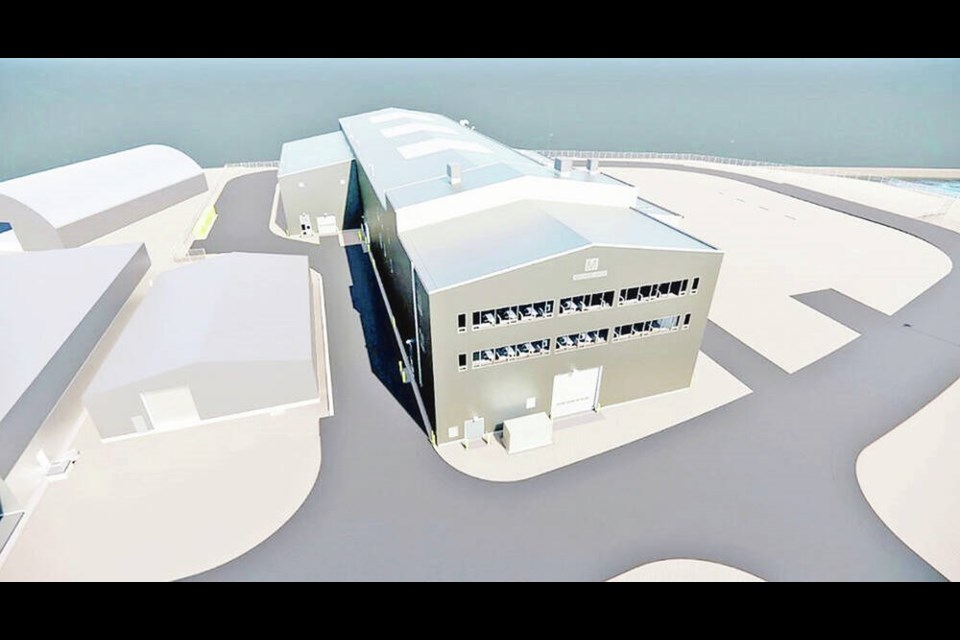B.C. Ferries is asking for extra money to pay for the escalating cost of redeveloping its fleet maintenance unit in Richmond.
The company says it can’t reveal the amount because the work is subject to a competitive bidding process.
B.C. Ferries won approval in October from the B.C. Ferries Commissioner, an independent regulator that oversees B.C.’s coastal ferry operators, for the project, but the costs have since increased.
The amount approved in October and the new request from the company are both confidential, but any amount above $25 million must be vetted by the commissioner.
The fleet maintenance site is responsible for 40 per cent of the work to maintain, repair and upgrade the 39-vessel ferry fleet. Upgrading the facility would allow up to 50 per cent of that work to be done in-house, B.C. Ferries has said.
B.C. residents have until May 11 to share their thoughts on the new application for the facility, located on 40 acres in Richmond.
If the price increase is approved by the commissioner, work is expected to start later this year and be complete in 2027, B.C. Ferries spokesperson Deborah Marshall said Friday.
The project will modernize and improve the facility, while reducing reliance on external ship-repair facilities, Marshall said.
“The redevelopment of the facility will help to ensure that coastal ferry service remains safe, reliable and sustainable for many years to come.”
The overall plan represents an extensive upgrade with a new 82,000-square-foot multi-purpose machine shop building, renovations to existing buildings, replacement of underground utility infrastructure and features designed to reduce any environmental impact. Seismic work will be incorporated and new infrastructure will mitigate flooding potential.
The project’s scope has not changed, but bids for the construction tender came in higher than forseen, costs have risen and the time taken to complete contract negotiations has been longer than was anticipated, B.C. Ferries said in its application for more funding.
The company cited factors including rising commodity, material and labour costs, as well as higher interest rates.
For example, a plan to lease an offsite warehouse to keep the project on schedule had to be changed because of an “extremely low inventory” of suitable buildings for lease, it said. Instead, B.C. Ferries found a shell unit with no interior improvements, which meant more expenditures on the leased building.
“Capital cost estimates have increased from cosmetic upgrades to construction of a full new fit-out of offices, lunch room, washrooms, and change rooms,” the company said.



